
End of year wrap-up on Strategic Energy Management at the Co-op
Hi there. I hope this finds you well. It’s me, Nina Friedman, Strategic Energy Management (SEM) intern for the Ashland Food Co-op. The global and local crises have only devolved into further chaos since we last spoke. As we sit with the reality of coworkers, neighbors, and friends who’ve lost their homes and businesses to the recent fires, and thousands more across the nation losing their loved ones to COVID-19, I imagine many are feeling frozen and powerless to help those that are suffering. And even less so to try and mitigate climate change and the inevitable limits to our economic and population growth. While we all wrestle with what’s important during these incredibly stressful times—and knowing how impossible things seem—I’d like to share some promising news.
Like with most things in life, there was a learning curve for our first year in the SEM program. As we fumbled to find our footing, we still managed to achieve a 2.6% natural gas savings in 2019. Most importantly, we formed our energy team, and in doing so started to create a more explicit energy savings consciousness throughout the Co-op. We drafted the Co-op’s first energy policy and defined the actions necessary to reach our goals. In essence, we laid the foundation for future successes and savings.
It always feels good to reach your goals. Even better when you smash them. With a goal of 3% natural gas savings in 2020, imagine our elation to see our savings at 6% when all things were said and done. That’s 1,371 therms (over 137 million BTUs) of natural gas that can stay in the ground. This was the year of standardizing procedure. Standard operating procedures (SOPs) were created around the two most important contributors to natural gas consumption at the Co-op, heating the store and heating the water.
How do you reduce natural gas use for heating the store? Put simply, turn down the thermostat. In actuality, we accomplished something a lot more complex than that. We established a thermostat management team and a comprehensive procedure outlining ideal energy-saving temperatures, programming instructions, and reporting for changes made to prescribed schedules. In addition to thermostat management, routine maintenance of our Heating Ventilation and Air Conditioning (HVAC) units ensures peak performance for our systems and reduces inefficiencies.
To minimize natural gas use for heating the water, routine maintenance is just as necessary. With large amounts of heat being generated, hot water systems are prone to mineral/scale buildup, especially tankless ones, like ours. If the filters aren't changed regularly, this buildup will greatly reduce the efficiency of the heaters, essentially wasting all the heat that's being generated. Armed with this knowledge, we set out to define and document the proper procedure for changing the store’s hot water filter and create a digital schedule that sets reminders for this and other essential recurring routine maintenance.
These are small successes during a time when we need big change. The Co-op’s energy management won’t reverse our global energy crisis, and energy savings won’t ease our collective distress. This is tangible, though. Real people, at your local food cooperative, taking real steps to lessen its environmental impact. This is something we can feel good about.
More Co-op News
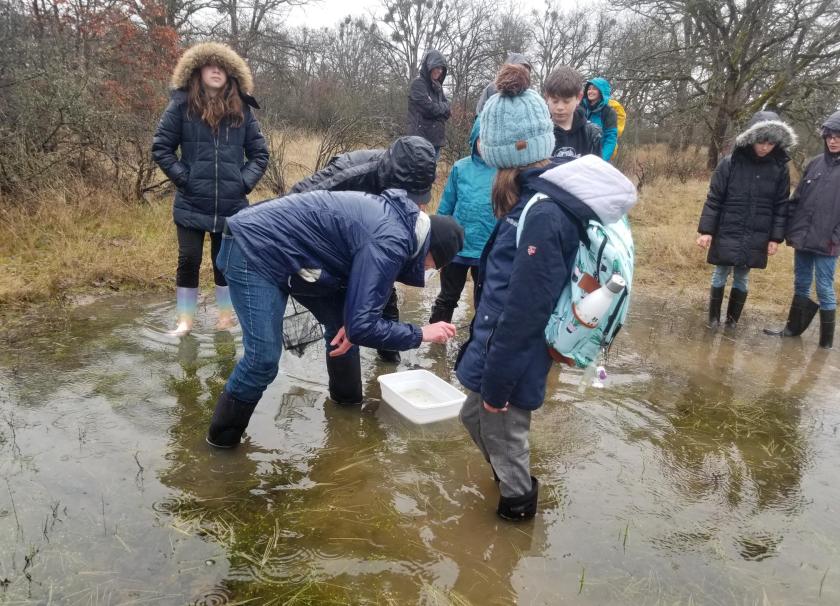
June 2023 Change for Good Partner: Southern Oregon Land Conservancy
The Ashland Food Co-op is teaming up with the Southern Oregon Land Conservancy (SOLC) as its Change for Good partner for this month. This collaboration aims to support SOLC's mission of conserving Southern Oregon's natural landscapes and habitats.

Bicycle Benefits
Here at the Co-op we are on a mission to promote healthy lifestyles and sustainable practices within our community.
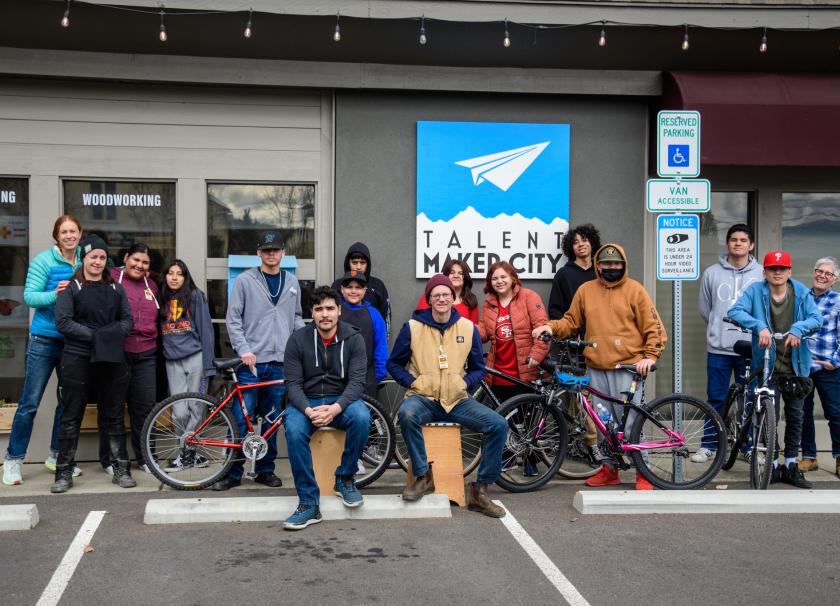
May 2023 Change for Good Partner: Talent Maker City
Talent Maker City's mission is to build a more connected, prosperous, and resilient community through hands-on creativity and innovative STEAM-based learning. (STEAM = Science, Technology, Engineering, Art, & Math.) They have a bustling Makerspace facility, brimming with creative energy in downtown Talent offering hands-on STEAM-based workshops and programming for curious minds of all ages!

Celebrating Cinco de Mayo
We're always learning and growing here at the Co-op and with the approach of Cinco de Mayo we thought we would share a (very) brief history lesson and some thoughts on celebrating this holiday here in the United States.
April 2023 Change for Good Partner: Pollinator Project Rogue Valley
From Kristina Lefever, Pollinator Project Rogue Valley President
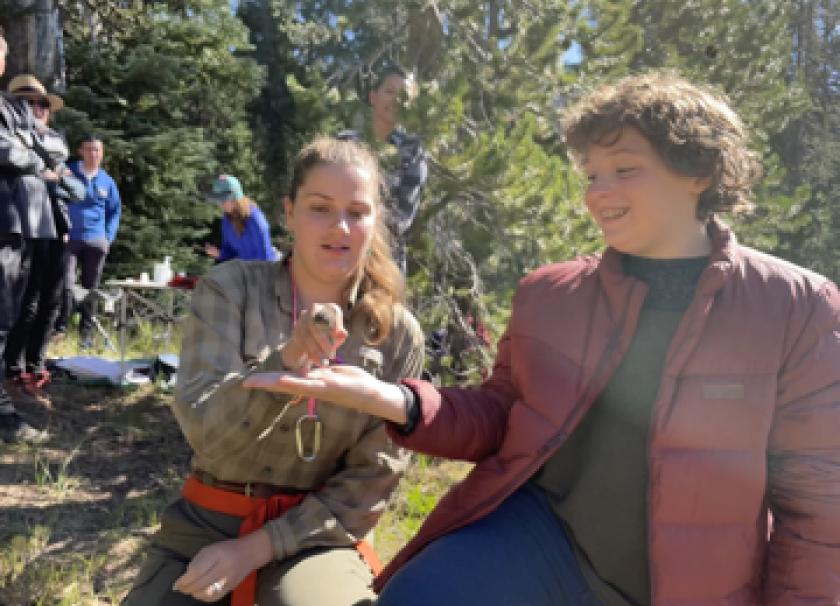
March 2023 Change for Good: Klamath Bird Observatory
From Klamath Bird Observatory, March 2023's Change for Good partner:
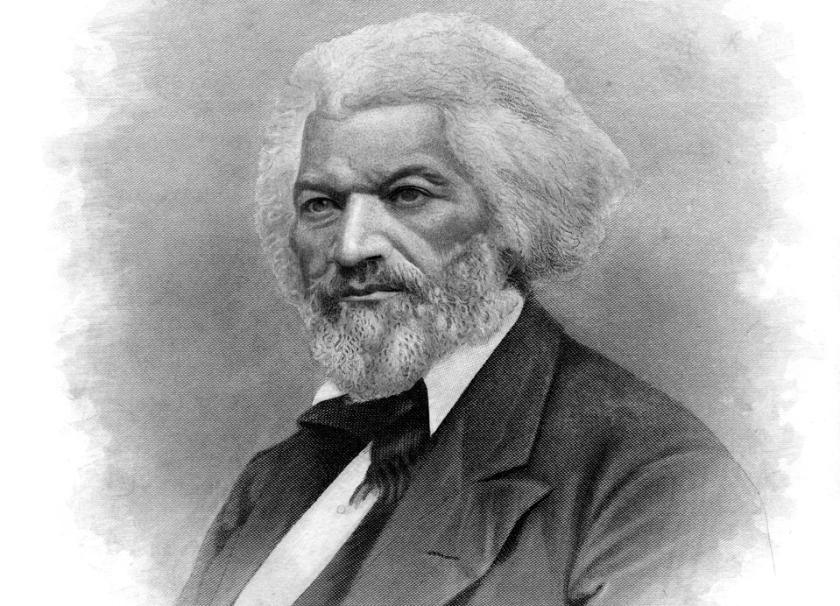
Frederick Douglass And Co-ops in 1846
When Douglass Came to Rochdale, England a Slave and Left a Free Man
By David J Thompson
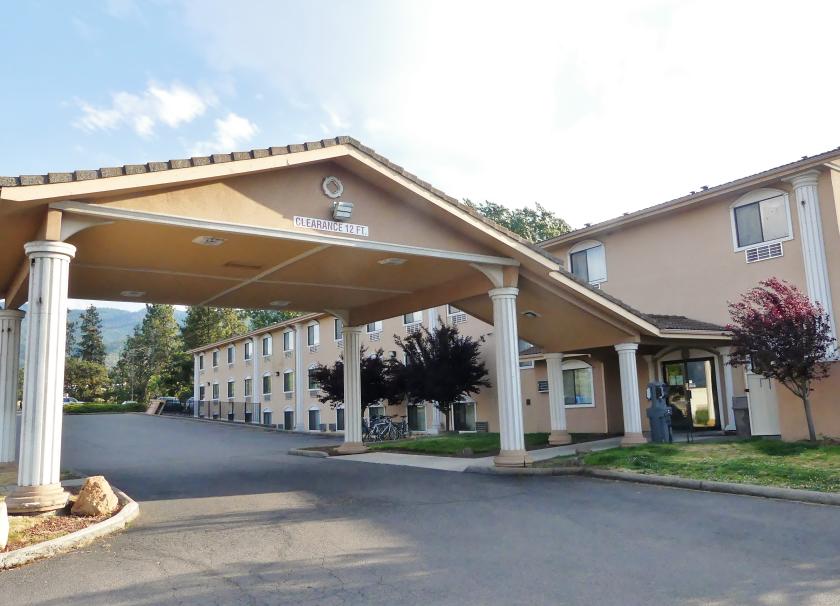
February's Change for Good partner: OHRA

OHRA helps low-income people build better lives through access to social service resources. By helping
people move from crisis to stability, OHRA builds more capable individuals, stronger families, and a
better community. We have three core programs:
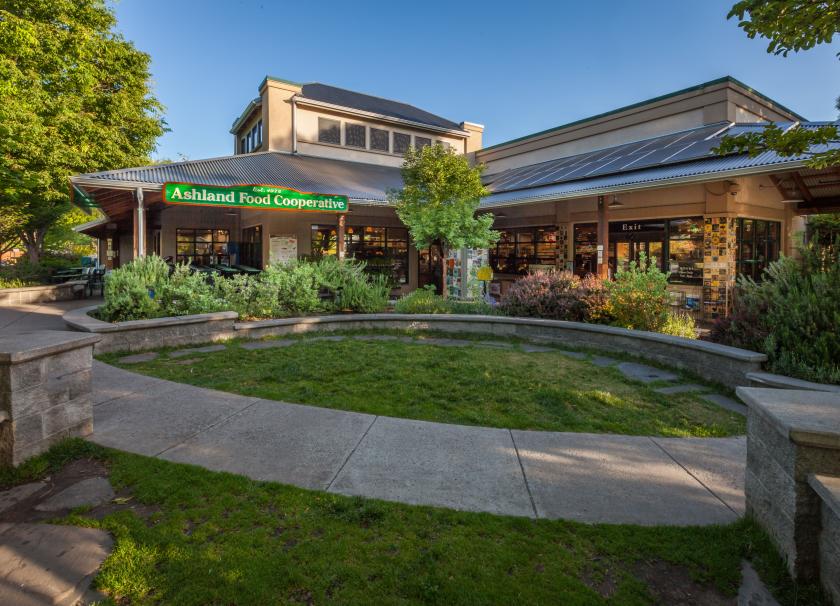
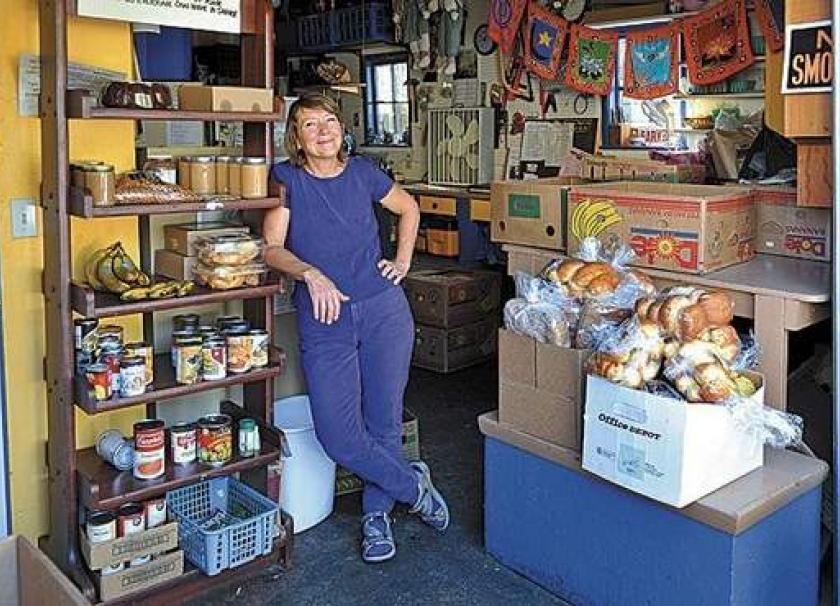
January Change for Good Partner: Ashland Food Angels

December Change for Good Partner: Rogue Action Center
December's Change for Good Partner is
Rogue Action Center
%20(1).png)
The Rogue Action Center (RAC) builds organizing infrastructure, leaders, and community power for a just, inclusive, and sustainable Southern Oregon for everyone.

November Change for Good Partner: Vesper Meadow Education Program

October Change for Good Partner: AFC Gives Community Fund
October's Change for Good Partner is
AFC Gives Community Fund


September Change for Good Partner: Truth to Power
September's Change for Good Partner is
Truth to Power
.png)
Truth to Power cultivates teen activism and community participation through social justice podcasts and transformative projects.



.png)
